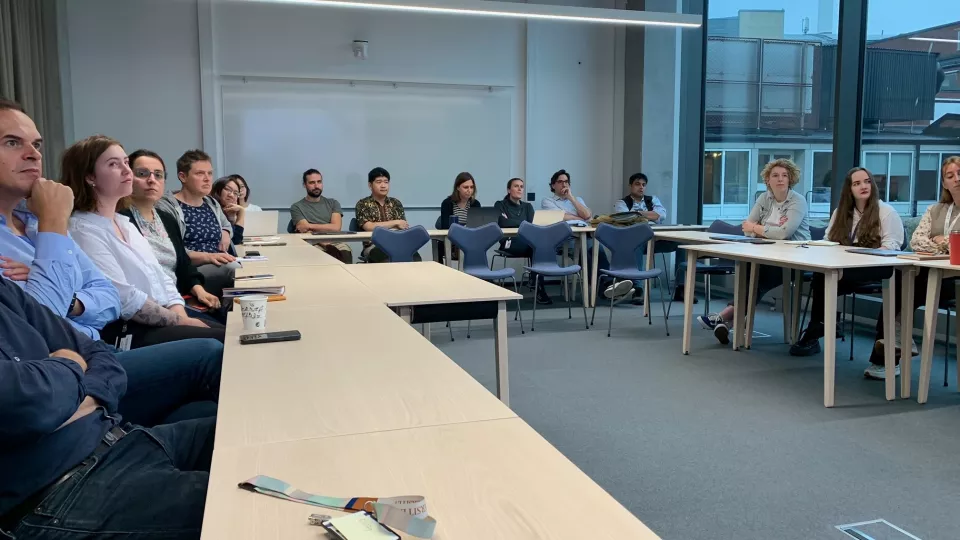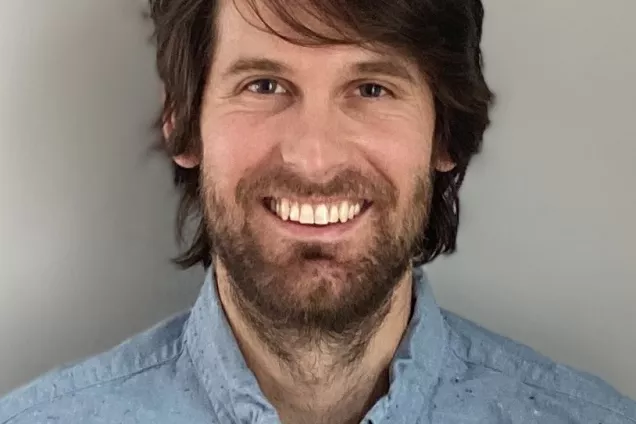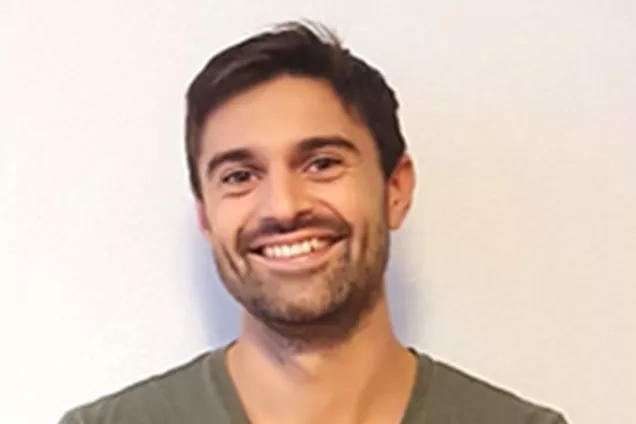As this year marks the fifth anniversary of the WCMM Research School, we wanted to take a moment to reflect on the past and present.
− In my view, the WCMM research school was formed in order to propose new trainings in the broad field of regenerative medicine. Back in 2018, no such initiative existed. We thus felt it could be a great opportunity to build on WCMM pre-clinical/clinical PIs expertise to build a dedicated course with both theoretical and practical teaching, says Paul Bourgine WCMM Fellow and one of the coordinator of the current research school.
− I wasn’t actually around when it started, however, my understanding was that the new WCMM members really felt that there was an opportunity to bring a new kind of class to the faculty. As for joining as organizer, I really enjoy doing this more long term classes so you can both see students grow and get to really establish a good working relationship with them. Being an organizer really puts you in the position for lots of rewarding interactions with the students and it’s great to see how they develop over the course of the school, but also over the years in their PhD or postdocs, Nick Leigh, WCMM Fellow and the other coordinator of the current research school, adds.
Over the years, numerous students from diverse fields have actively engaged in seminars, workshops, and immersive activities.
− It has been great! I started as a teacher in 2018. At that time I had been exposed to little teaching experience. I could gain confidence in transmitting my research focus in a course format, but also in the design of teaching activities. Since 2021, I am a co-director of the school and the management, financing dimensions added up. It gives additional responsibility, but allows us to test various teaching formats and adjust according to collected feedback. It is a continuous learning experience, and in that regard - very rewarding, Paul reflects.
Nick shares his excitement:
− It has been really rewarding! This year is off to a fast start already and seems like we have a strong group who is ready to learn, grow, and get to know each other. We’ve really been able to add some nice new activities this year which will let our students get a closer look at the clinical side of science. We have also really mixed things up with giving the students a lot more responsibilities and I’m super excited to see how this pans out. It’s always fun to see what young and creative minds can cook up. I think this will really help shape the school this year, create a more cohesive environment, and add a shot of fun!
Future plans
Looking ahead, Paul envisions continuity as success, maintaining the school’s essence and quality interactions between PIs and students.
− We are now also experiencing the possibility to have students more involved in the school management, and I am really curious to see how that will evolve. Last, we may have the opportunity to connect with schools from other WCMM centers in Sweden. I am looking forward to seeing joint activities and interactions emerging at a national level.
Nick’s enthusiasm for the future stems from the integration of DDLS fellows, aiming to enhance computational biology training.
− This provides a new feel to the school and in my eyes the future biomedical scientists will be at least semi-literate in computational approaches. The school could in the future be to learn how to navigate between the wet lab, dry lab, or the clinic!
The WCMM Research School is all about shaping up versatile scientists who are geared up to take on the next big challenges in science with confidence and groundbreaking innovation. As it grows and changes, this school keeps tweaking things to give students a space where they can learn various skills that cut across different areas. It's all about helping them handle the twists and turns in today's ever-changing world of science.
Text: Elin Arvidsson & Paula Martos Salvo, WCMM Research School communicators




